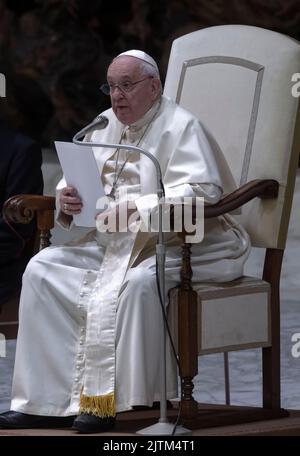Discover the multilingual Pope Francis and delve into the fascinating world of languages he commands. As a global figure, Pope Francis's linguistic abilities play a crucial role in his communication with people from diverse backgrounds across the globe. His fluency in several languages allows him to connect more deeply with the international community, fostering understanding and unity.
Pope Francis, originally known as Jorge Mario Bergoglio, brings a rich cultural tapestry to his papal duties through his knowledge of multiple languages. Born in Argentina to an Italian immigrant father and a mother whose parents were also Italian, his upbringing shaped his linguistic repertoire. This article explores the languages Pope Francis speaks and sheds light on how these skills enhance his effectiveness as a spiritual leader.
Exploring the Linguistic Roots of Pope Francis
Pope Francis's primary language is Spanish, given his Argentinian roots. Growing up in Buenos Aires, this was the language he spoke at home and in his community. It forms the foundation of his linguistic identity, making him highly conversant in Spanish, which aids significantly in his outreach to Spanish-speaking communities worldwide.
Beyond Spanish, Pope Francis is fluent in Italian. This proficiency stems from his family background; his father was an Italian immigrant, and his mother had Italian heritage. Learning Italian during his childhood in Argentina enriched his linguistic capabilities and provided another vital tool for communicating with large segments of the Catholic population.
In addition to Spanish and Italian, Pope Francis has developed conversational skills in several other languages. These include Latin, which is integral to the Vatican's traditions, as well as Portuguese, French, English, German, and even some Ukrainian. Each of these languages adds layers to his ability to interact with different cultures and regions globally.
Understanding the Language of Faith: Aramaic and Jesus
Most religious scholars and historians concur that Jesus primarily spoke a Galilean dialect of Aramaic. This insight aligns with Pope Francis's views on the historical context of Jesus’s life and times. Understanding the languages spoken by significant religious figures can offer deeper insights into their teachings and cultural environments.
The use of Aramaic by Jesus highlights the importance of language in conveying spiritual messages effectively. While debates continue among historians regarding nuances of Jesus’s speech, there is broad consensus about the predominant role Aramaic played in his daily interactions and sermons.
This exploration underscores how language serves not only as a means of communication but also as a bridge connecting past traditions with present-day practices within religious contexts like those led by Pope Francis today.
Pontifical Polyglots Throughout History
Historically, Popes have been notable polyglots due to their extensive responsibilities requiring interaction across various nations and cultures. Before modern technology simplified cross-cultural exchanges, mastering multiple languages was essential for effective diplomacy and pastoral care within the Church hierarchy.
Pope Francis continues this tradition by leveraging his multilingual talents to reach out to congregations worldwide. His efforts exemplify how linguistic versatility enhances leadership qualities necessary for addressing contemporary challenges faced by global institutions such as the Catholic Church.
While previous popes like John Paul II and Benedict XVI demonstrated remarkable command over numerous languages, Pope Francis maintains strong competencies in key languages relevant to current ecclesiastical needs. This adaptability ensures continuity while embracing new opportunities presented by evolving demographics and technological advancements.

